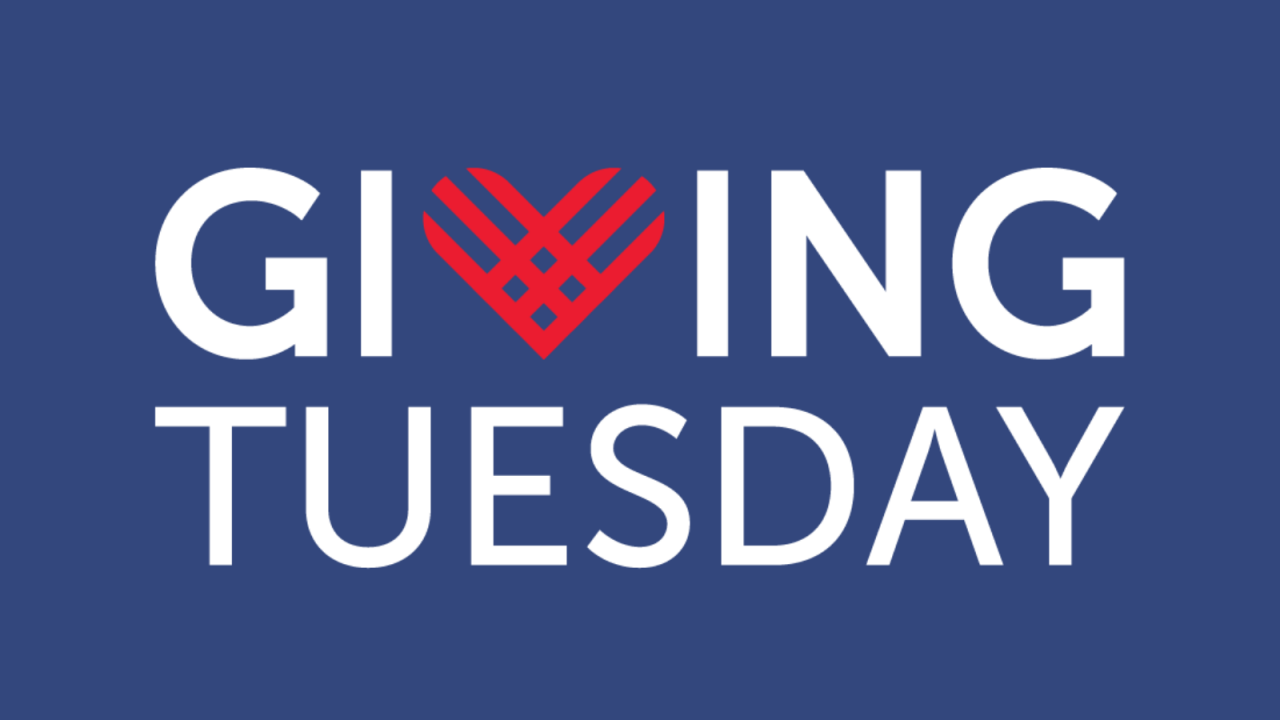5 Strategies for Choosing the Right Charity
David Bakke, a Money Crashers contributor, discusses strategies to save money and find ways to give back and make a difference.
 When it comes to choosing the right charity, you’re going to want to do your homework. Because of recent economic struggles, Americans have less disposable income on-hand to donate to our favorite causes than we once did. This means that when you do donate, you want to make sure ever dollar counts. To make sure you direct your charitable dollars to the right place, follow these five tips…
When it comes to choosing the right charity, you’re going to want to do your homework. Because of recent economic struggles, Americans have less disposable income on-hand to donate to our favorite causes than we once did. This means that when you do donate, you want to make sure ever dollar counts. To make sure you direct your charitable dollars to the right place, follow these five tips…
1. Decide on Your Goals, and Research
What goals do you want to achieve with your donation? Reflect on the issues that you are most passionate about. Are you concerned about the environment? Are you worried about individuals in your community or across the globe. What about the future of education or the impact of technology and social media on our kids? Once you’ve determined your passion, if you are employed, see what your company’s matching program is. Some companies match not only dollars but hours served – such as the Giving Station (which you’ll need to access through your company). There are also tools out there to help you determine which corporations match and how much – such as doublethedonation.com.
2. Research and Investigate
Once your goals are set, get third party feedback from friends or social tools on the impact organizations are making. The GreatNonprofits website is an excellent resource which helps you search a broad list of charities, with the ability to filter by location or topic. You can read reviews written by other donors on each nonprofit, sure to help inform your decision. Just be sure to return the gesture and write a review of your own experience should you end up finding a charity through the site.
3. Make Sure Your Contribution Is Tax-Deductible
No matter where you decide to give, make sure it’s to a tax-deductible organization. This is key when tax time rolls around, as you can deduct all charitable contributions that fall within IRS regulations. Consult the IRS website for a complete list of applicable organizations.
4. Create a Charitable Contribution Budget
If you find a charity that requires a monthly contribution of say $50, you simply might not be able to sustain that over the course of a year. Make sure you can afford the financial requirements of an organization before you write out that first check. The best way to do this is to create a detailed budget which presents an accurate picture of your financial situation, and base your decision on that.
5. Follow Your Instincts
Trust your gut. If after all of your research on a particular charity there’s something still gnawing at you ñ even if you can’t put your finger on it – simply find another organization. In the end, you’re giving money to charity to aid in a cause you’re passionate about. If the act itself doesn’t satisfy that passion, then chances are it’s not the right move for you.
Final Thoughts
If you don’t think you have the means to give to a charity, get yourself on a budget, review and reduce your monthly expenses, and eliminate credit card debt from your life. If after all that you’re still coming up short, consider donating your time. Find a local organization in need of volunteers. Remember, it’s not all about dollars and cents. There are always people in need, and your time and energy are valuable assets too.
What ways can you think to direct your charitable dollars effectively?




















